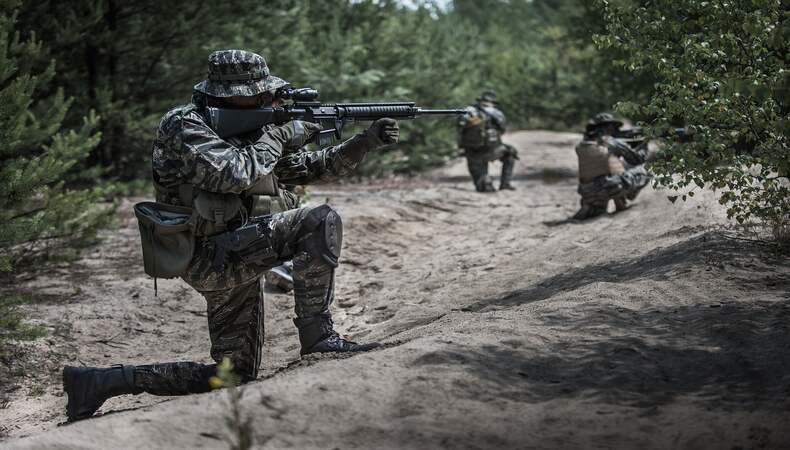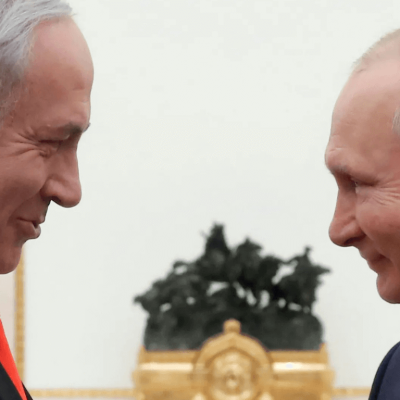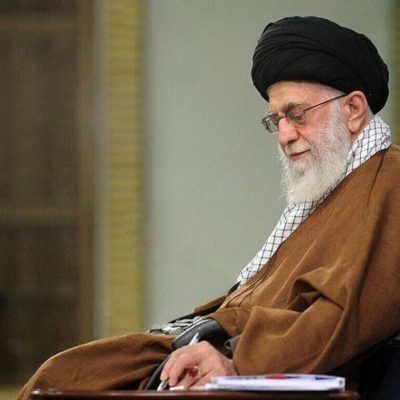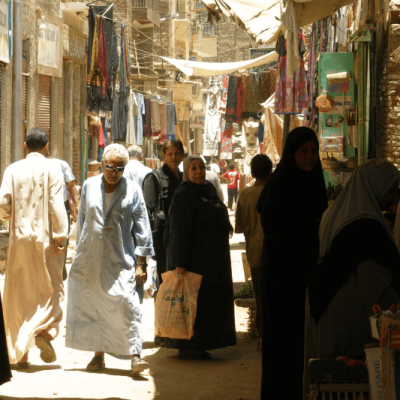Israel’s Military Operation in the West Bank: An Escalation Amid Gaza Conflict

Israel increased its military operations on Wednesday by commencing a major operation in the seized West Bank, therefore aggravating the continuous confrontation engulfing the area for almost 11 months. This most recent operation by the Israeli Defense Forces (IDF) highlights the interdependence of the conflicts in both territories since it led in the lives of nine Palestinian fighters and points to a growing crisis as violence keeps extending from Gaza to the West Bank.
A Peak in West Bank Violence Amidst Gaza War
The escalation in the West Bank is set against the backdrop of an already terrible conflict in Gaza started by Hamas’s unparalleled attacks on Israel on October 7. Direct result of this greater conflict, the violence in the West Bank has escalated; tensions have spilled over into the area long a flashpoint in the Israeli-Palestinian conflict.
Conflicts between Israeli forces and Palestinian fighters have surged throughout the West Bank since the start of the war, resulting in higher deaths and devastation. For many in the West Bank, military operations, raids, and conflicts now define daily life, dramatically worsening conditions.
The Gaza Humanitarian Crisis
Unmatched destruction on the Gaza region has come from the continuous battle. The Hamas-run health ministry claims that the fighting has taken over 40,000 lives; the dead count is climbing rapidly as the bloodshed keeps on. With almost all of its 2.4 million residents relocated at least once, the humanitarian impact has been terrible and the territory suffers extensive damage.
Homes, hospitals, schools, and other public services in Gaza have all been severely damaged or destroyed from the devastated infrastructure. As the populace battles with limited access to food, water, medical supplies, and other basic resources, the humanitarian catastrophe is worsening. Although the world community has expressed concerns about the appalling situation, the continuous war makes it challenging for relief to go to people in need.
Planned Attacks Across West Bank Cities
The IDF’s most recent operation in the West Bank consisted of a sequence of four large cities’ worth of synchronized raids: Jenin, Nablus, Tubas, and Tulkarem. Long sites of opposition and turmoil, these cities are prime targets for Israel’s attempts to stifle militant activity in the area.
Early on Wednesday, the raids were conducted; armed forces frequently choose this time to maximize the element of surprise and reduce the likelihood of major opposition. Reports state that the operation was large-scale and included aircraft monitoring, ground forces, and heavy artillery usage. The IDF’s activities have been characterized as part of a larger plan to destroy what Israel regards as terrorist networks functioning inside the West Bank.
Nine people the IDF classified as militants perished during the fierce firefights between Israeli troops and Palestinian rebels that sprang out from the operations. With claims of homes being destroyed and non-combatants caught in the crossfire, these activities have also attracted criticism for the collateral damage done to civilian populations.
A worsening crisis without any end in sight
The general security situation in the area has been much deteriorated by the rising level of violence in Gaza and the West Bank. The chances for a peaceful settlement seem ever more far off as Israel escalates its military activities. The battle is not simply military but also profoundly ingrained in decades of political, social, and economic conflicts that have kept the area constantly unstable.
With both parties firmly set in their positions, international attempts to arbitrate a ceasefire or bring about peace have thus so far failed. Particularly in front of the fatal attacks carried out by Hamas, the Israeli government has defended its activities as absolutely required for national security. Palestinian factions, especially those in the West Bank, see their opposition as a just fight against tyranny and occupation.
Worldwide Consequences
The conflict in the West Bank and Gaza has major worldwide consequences rather than only regional ones. The continuous violence has the capacity to destabilize the Middle East generally, attract neighboring nations, influence world security and economic interests, Particularly in Gaza, the humanitarian crisis has generated a lot of global attention with demands for immediate action to stop more deaths and alleviate the suffering among the civilian population.
The Path Forward
The international community has a great difficulty in resolving the dispute as the circumstances changes. Apart from a long-term solution addressing the fundamental roots of the conflict, there is an urgent need for fresh diplomatic initiatives aiming at de-escalation. This include resolving problems like territorial conflicts, Palestinian rights, and Israel’s security worries.
But reaching peace will need for more than just talks; it will call for a deliberate attempt to restore confidence, resolve issues, and provide environment for coexisting. Unchecked, the present cycle of violence might cause much more instability with terrible effects on the whole area as well as on Israelis and Palestinians.
The continuous military operations in the West Bank and the unremitting war in Gaza highlight the pressing need of a thorough strategy to peace that transcends fleeting cease-fires and tackles the underlying causes of this long-standing conflict.




